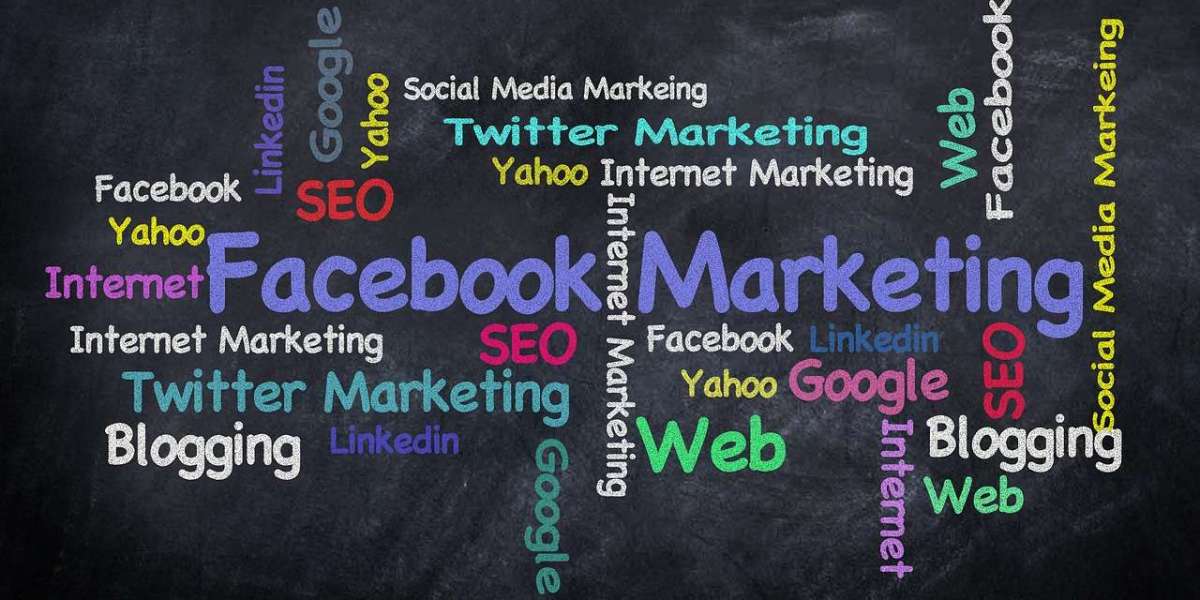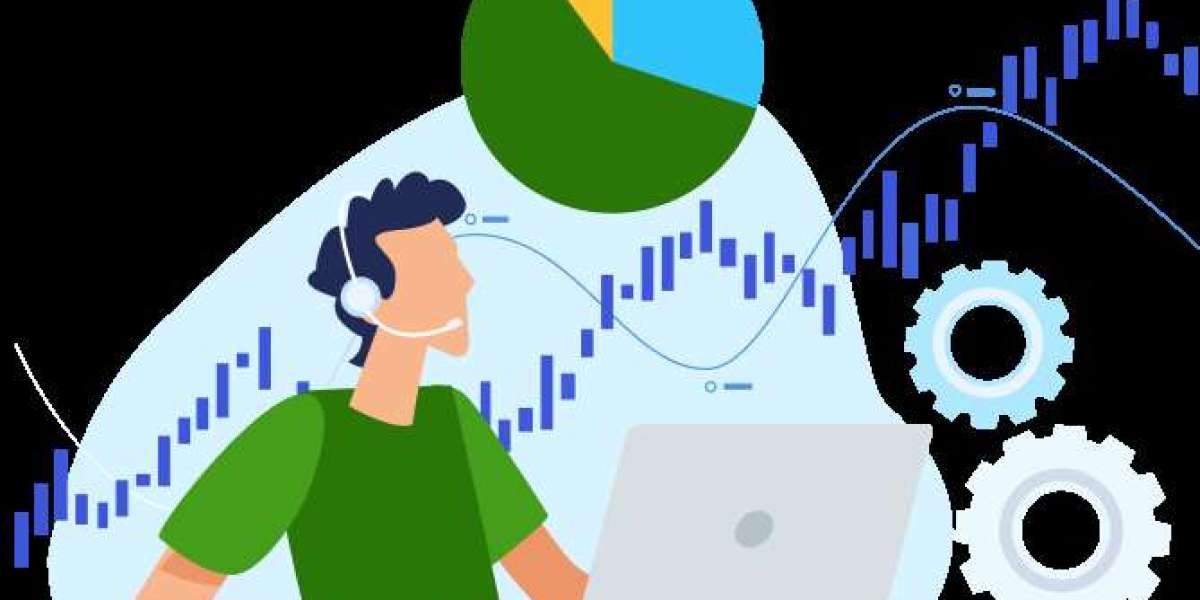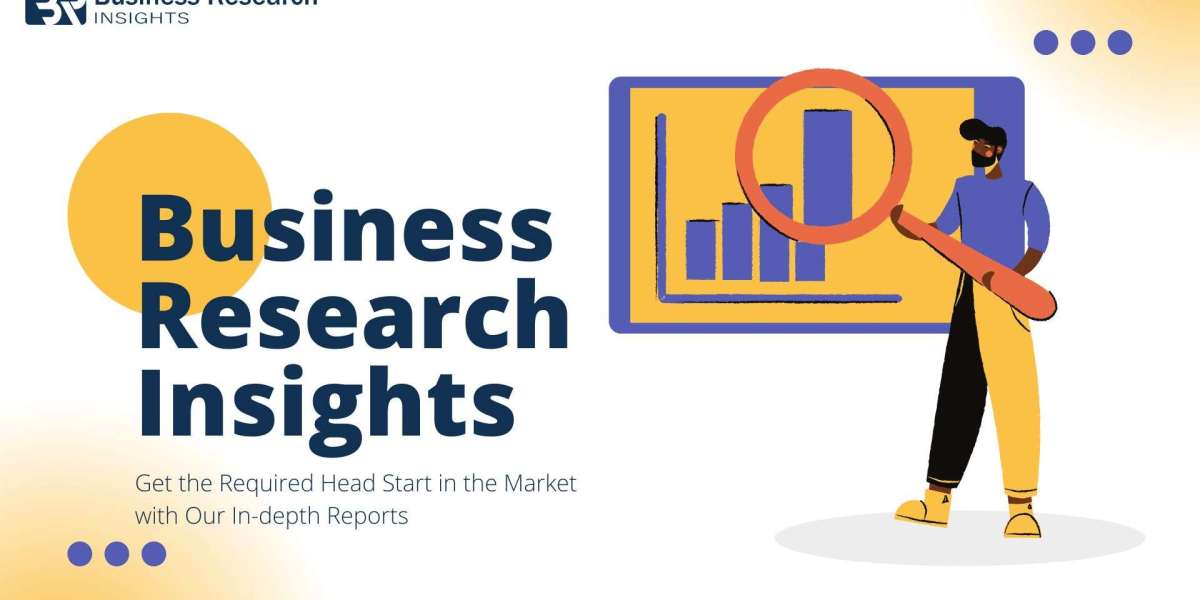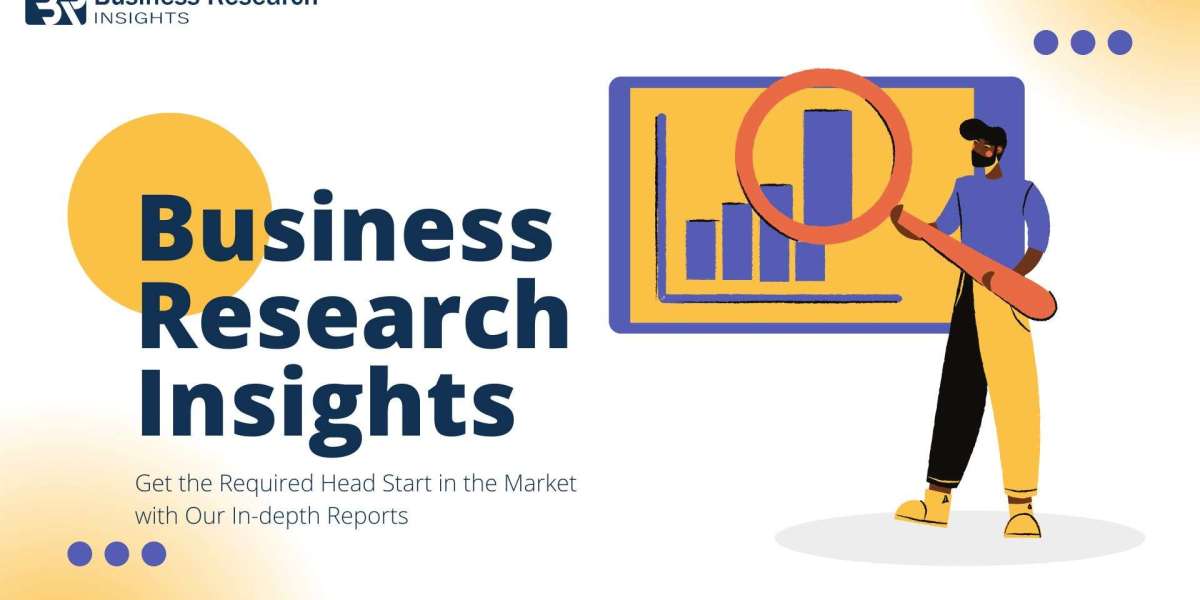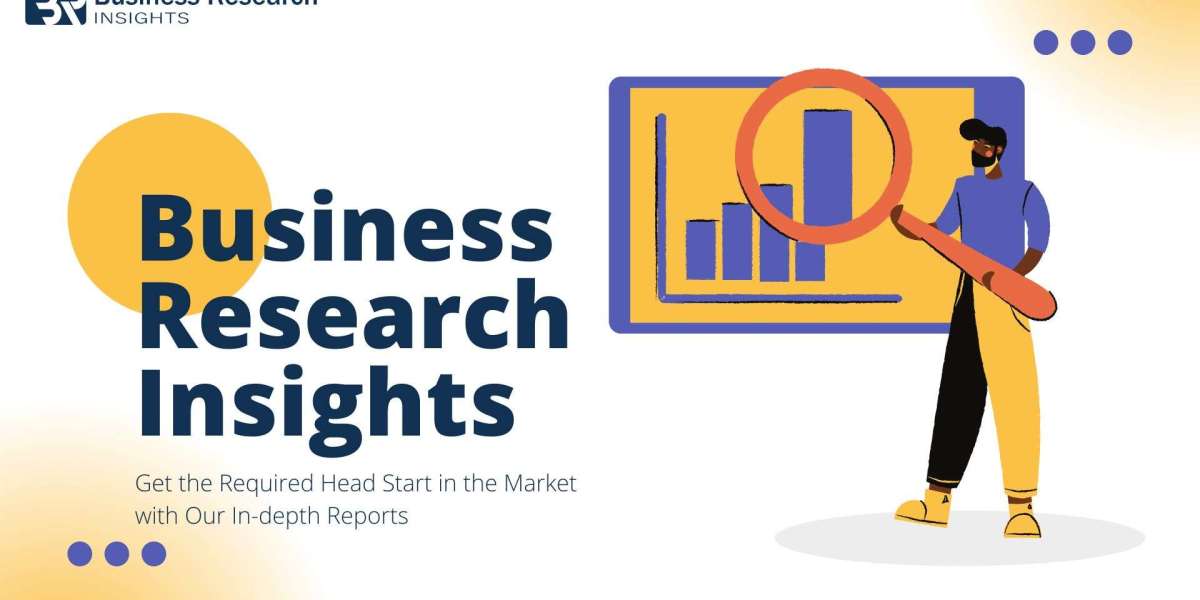What is a social media?
Welcome to the digital age, where virtual connections and online interactions have become an integral part of our daily lives. In this era of constant connectivity, social media reigns supreme as the ultimate platform for sharing, connecting, and engaging with others. From Facebook to Instagram, Twitter to LinkedIn, social media has revolutionized how we communicate and connect with people across the globe. But what exactly is social media? How did it come to be? And what role does it play in today's society? Join us as we embark on a journey to uncover the ins and outs of this ever-evolving phenomenon known as social media!
What is social media?
What is social media, you ask? Well, at its core, social media refers to a range of internet-based platforms that allow users to create and share content with others. It's all about fostering virtual communities where people can connect and interact with each other.
These platforms come in various forms and serve different purposes. From the text-focused world of Twitter to the visually captivating realm of Instagram, there's something for everyone in the vast landscape of social media. Whether it's posting updates on Facebook, sharing snapshots on Snapchat, or networking professionally on LinkedIn, these platforms offer unique ways to engage with friends, family, colleagues, and even strangers from around the globe.
But it doesn't stop there! Social media goes beyond personal connections. It has become an essential tool for businesses and brands as well. Social media marketers leverage these platforms to reach their target audience effectively and promote products or services. With millions (if not billions) of active users across various channels, social media presents unparalleled opportunities for businesses to expand their reach and enhance their online presence.
It allows us to stay connected with loved ones regardless of distance, provides a platform for self-expression, and offers a space where diverse voices can be heard.
On the other hand, it can lead to addiction, privacy concerns, and contribute to feelings of inadequacy due to comparisons. It's important for individuals and society as a whole to navigate this digital landscape mindfully while being aware of both its benefits.
The different types of social media
When it comes to social media, there are numerous platforms that cater to different needs and interests. Each type of social media offers its own unique features and benefits, allowing users to connect with others in various ways.
One of the most popular types of social media is Facebook, which allows users to create profiles, share updates and photos, and connect with friends and family. With over 2 billion monthly active users, Facebook has become a giant in the world of social networking.
Another type of social media is Twitter, known for its short bursts of information called tweets. Users can follow other accounts, share their thoughts or news articles in 280 characters or less.
Instagram focuses on visual content sharing through photos and videos. It's particularly popular among younger demographics who enjoy showcasing their creativity and experiences visually.
LinkedIn is a professional networking platform where users can connect with colleagues, find job opportunities, and showcase their skills and experience.
Pinterest allows users to discover ideas by saving images or "pins" onto virtual boards organized by category such as fashion, home decor or recipes.
Snapchat is a multimedia messaging app where users can send disappearing messages along with photos or videos that last for only 24 hours before disappearing from the recipient's device.
PinXsters is a social media platform, where you can share your content through videos, phones, audio recorded and messages. Users can follow other accounts, share their thoughts and interact without any limits via posts and direct messaging. Also, users can copy status links from other social media sites and post directly onto pinxsters. The limit is 5,000 characters for each social post. Business and invididuals can also showcase their services, products to customers and other business via targeted adverts.
These are just a few examples of the many types of social media available today. Each platform offers its own unique features aimed at connecting people based on shared interests or goals. Whether you're looking to stay connected with friends and family or build professional connections within your industry , there's undoubtedly a social media platform out there suited for your needs!
The history of social media
The history of social media is a fascinating journey that traces back to the early days of the internet. It all began with platforms like Six Degrees and Friendster in the late 1990s, where people could create profiles and connect with others online. These early social networking sites paved the way for what we know today as Facebook, Twitter, Instagram and more.
As technology advanced, so did social media. In the mid-2000s, platforms like MySpace became popular among younger generations who wanted to express themselves creatively through customizable profiles and music playlists. However, it was Facebook's launch in 2004 that truly revolutionized the way we use social media.
With its user-friendly interface and ability to connect with friends from around the world, Facebook quickly gained millions of users. Twitter followed suit in 2006 with its microblogging platform that allowed users to share short updates or "tweets". Then came Instagram in 2010 with its focus on photo sharing and visual storytelling.
Today, there are countless platforms of social media catering to different interests and needs. LinkedIn focuses on professional networking while Pinterest is known for its visual discovery features. Snapchat introduced ephemeral messaging while TikTok took short-form video content by storm.
Social media has become an integral part of our lives - connecting us globally, giving us a voice, and providing endless opportunities for communication and self-expression. However, it also comes with some drawbacks such as privacy concerns, addictive behaviors and online harassment.
Despite these challenges,social media continues to evolve at a rapid pace.
It enables businesses to reach their target audience directly through targeted ads.
It provides individuals with a platform to showcase their talents and passions.
How social media is used today
How social media is used today has evolved significantly over the years. It has become an integral part of our daily lives, with billions of people logging on to various platforms each day.
One of the primary uses of social media is for communication and connection. People use platforms like Facebook, Twitter, Instagram to stay in touch with friends and family, share updates about their lives and engage in conversations.
Social media has also emerged as a powerful marketing tool. Businesses utilize platforms such as LinkedIn and Pinterest to promote their products or services, connect with potential customers, and build brand awareness. Social media marketers have tapped into the vast reach of these platforms to create targeted advertising campaigns that can reach millions of users.
Another way social media is used today is for information sharing. News outlets use platforms like Twitter to disseminate breaking news quickly. Influencers and thought leaders use social media to share valuable insights on various topics.
Moreover, social media has transformed entertainment consumption. Platforms like YouTube allow creators to showcase their talent through videos while streaming services like TikTok provide short-form content that captivates audiences worldwide.
However, it's important to acknowledge the downsides too. Social media can sometimes lead to feelings of isolation or low self-esteem due to constant comparison with others' highlight reels. Privacy concerns are another issue as personal data shared online may be at risk.
In conclusion social media plays a pivotal role in our society today by facilitating communication, enabling businesses' growth opportunities through marketing efforts, serving as an information source service and offering diverse forms of entertainment consumption. However, it's essential for individuals users to maintain a healthy relationship with these digital spaces.
The pros and cons of social media
Social media has undoubtedly revolutionized the way we communicate, connect, and share information. It has brought people from different corners of the world closer than ever before. However, like any other tool or technology, there are both pros and cons associated with it.
One of the biggest advantages of social media is its ability to connect people across distances. Whether it's reuniting with old friends or making new ones, social media platforms provide a virtual space for individuals to interact and build relationships.
Moreover, social media offers an incredible platform for businesses to reach their target audience. With millions of users actively engaging on these platforms daily, companies can promote their products or services effectively and efficiently.
Additionally, social media enables us to stay informed about current events happening around the world in real-time. News organizations utilize these platforms to disseminate news updates quickly and directly to a vast audience.
On the flip side, spending excessive time on social media can lead to addiction and negatively impact mental health. Constant comparison with others' highlight reels can result in feelings of inadequacy and low self-esteem.
Furthermore, privacy concerns arise when personal information is shared online without proper security measures. Cyberbullying is another issue that often occurs on social media platforms, causing emotional distress for victims.
In conclusion, social media presents numerous advantages such as connecting people globally, providing marketing opportunities for business, and facilitating access to instant news updates.
However, it's crucial for individuals to be mindful of their usage and take necessary steps to protect their mental well-being and safeguard personal information online.
By embracing its positives while being cautious about its negatives, we can navigate through this digital landscape more responsibly.
Conclusion
In this age of technology and digital connectivity, social media has become an integral part of our daily lives. It has revolutionized the way we communicate, share information, and connect with others from around the world. With various types of platforms available, social media offers endless opportunities for individuals and businesses alike.
From its humble beginnings as simple chat rooms to the vast array of platforms we have today, social media has come a long way. It has evolved into a powerful tool that allows us to express ourselves creatively, stay connected with friends and family, discover new ideas and trends, network with professionals in various industries, and even promote businesses through targeted marketing strategies.
However, like any other technological advancement, social media also comes with its own set of pros and cons. On one hand, it provides a platform for free expression and opens up possibilities for personal growth or business expansion. On the other hand, excessive use can lead to addiction or privacy concerns.
Social media marketers play a crucial role in leveraging these platforms to build brand awareness, engage with customers directly and drive traffic to websites or online stores.
Their expertise lies in understanding user behavior patterns, trends and algorithms across different channels to deliver successful campaigns that resonate with target audiences.
To make the most out of social media as individuals or businesses, it is important to choose the right platforms based on your objectives,target audience preferences,and industry requirements.
Whether you opt for Facebook, Twitter, Youtube, the ever-growing Instagram, TikTok, the professional LinkedIn, Pinterest, Snapchat , or any other emerging platform such as Pinxsters you need to adapt your content, strategies and messaging accordingly.
Social media is not just about posting; it's about building relationships, nurturing communities and creating meaningful interactions.
It requires dedication, time investment, content planning, following analytics, paying attention to feedback, sponsorship, collaborations, influencer marketing etc.
As technology continues to advance, new features are added regularly, new trends emerge, making it essential for social media marketers to stay up-to-date and adapt their strategies accordingly.

